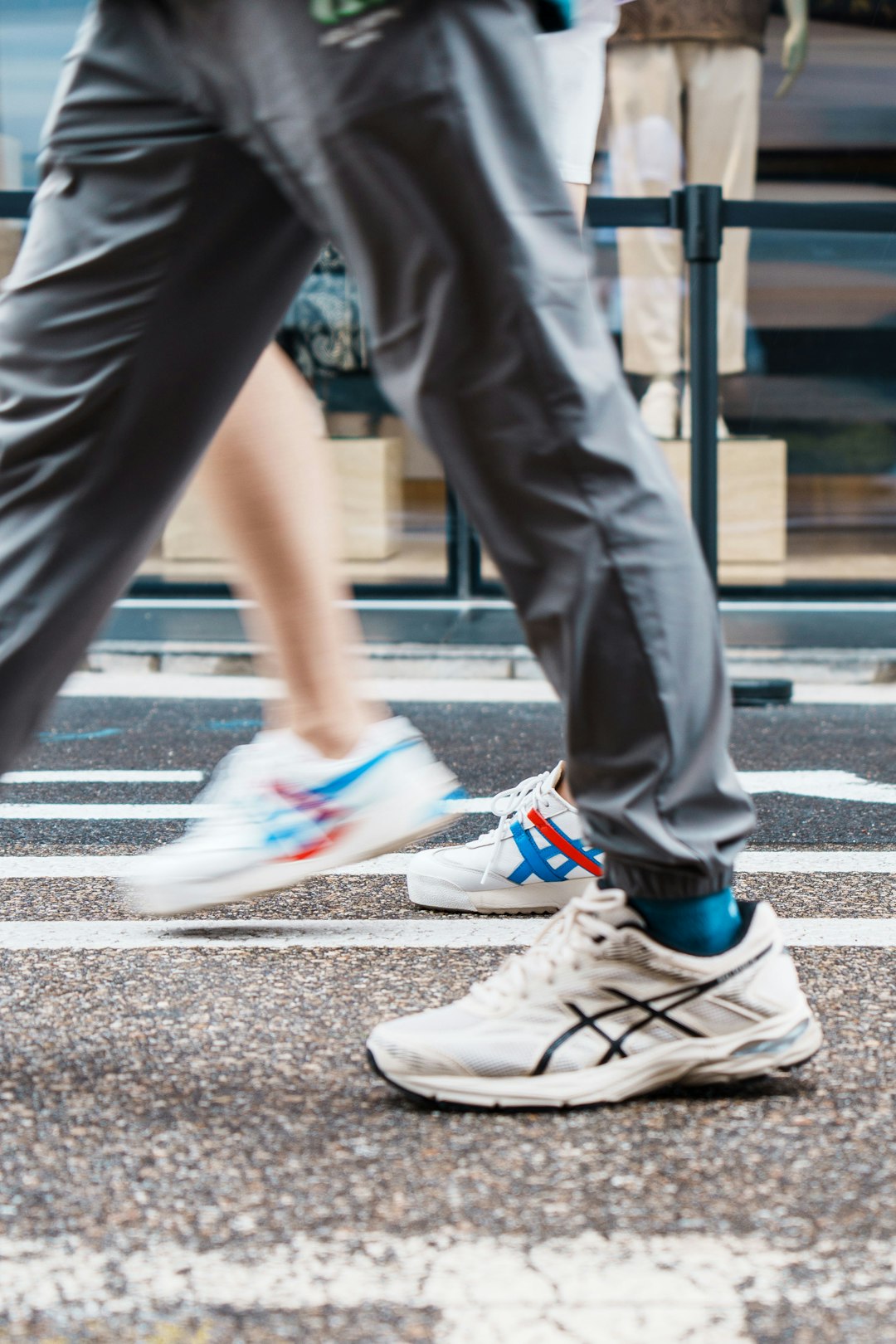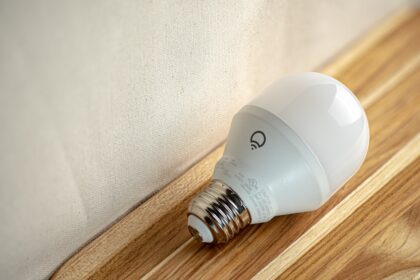At QuickAdvisr, we bring you expert insights. Walking is one of the simplest yet most effective ways to improve your health and energy levels. But how does walking 8,000 steps daily compare to other activity levels? In this article, we’ll explore how walking 8,000 steps daily impacts your energy levels and compare it to lower and higher step counts. Whether you’re looking to boost your productivity, feel less fatigued, or simply stay active, this guide has you covered.
The Science Behind Walking and Energy | Powered by QuickAdvisr

Walking is a low-impact exercise that engages your cardiovascular system, improves blood circulation, and releases endorphins. These benefits collectively contribute to higher energy levels. But why 8,000 steps? Research suggests that hitting this daily target provides a significant boost to both physical and mental energy without being overly strenuous.
“A study published in the Journal of Physical Activity and Health found that walking 8,000 steps daily can reduce fatigue and improve mood by 30% compared to sedentary lifestyles.”
How Walking 8,000 Steps Compares to Other Activity Levels
To understand the impact of walking 8,000 steps daily, let’s compare it to other common step counts:
| Daily Steps | Energy Level Impact | Other Benefits |
|---|---|---|
| 4,000 Steps | Minimal energy boost | Basic movement, slight mood improvement |
| 8,000 Steps | Significant energy boost | Improved focus, reduced fatigue, better sleep |
| 12,000 Steps | High energy boost | Enhanced endurance, weight management, stress reduction |
As shown in the table, how walking 8,000 steps daily impacts your energy levels strikes a balance between moderate effort and substantial benefits. It’s a realistic goal for most people and doesn’t require as much time as higher step counts.
Benefits of Walking 8,000 Steps Daily

Walking 8,000 steps daily offers a range of benefits beyond energy improvement. Here are the top advantages:
- Improved Focus: Walking increases blood flow to the brain, enhancing cognitive function and concentration.
- Reduced Fatigue: Regular walking helps regulate sleep patterns and reduces feelings of tiredness.
- Better Mood: Endorphins released during walking act as natural mood lifters.
- Weight Management: Walking burns calories and supports a healthy metabolism.
- Lower Stress Levels: Walking outdoors can reduce cortisol levels and promote relaxation.
Practical Tips to Achieve 8,000 Steps Daily
If you’re wondering how to incorporate 8,000 steps into your routine, here are some actionable tips:
- Take short walks during breaks at work.
- Park farther away from your destination to add extra steps.
- Use a pedometer or fitness tracker to monitor your progress.
- Walk while talking on the phone or listening to podcasts.
- Schedule evening walks to unwind and hit your daily goal.
Comparing Walking 8,000 Steps to Other Exercises
While walking is effective, how does it stack up against other forms of exercise? Here’s a comparison:
| Activity | Energy Boost | Time Required | Accessibility |
|---|---|---|---|
| Walking 8,000 Steps | High | Approx. 60–80 minutes | Easy, no equipment needed |
| Running 3 Miles | Very High | Approx. 30–45 minutes | Moderate, requires stamina |
| Cycling 10 Miles | High | Approx. 45–60 minutes | Moderate, requires a bike |
| Yoga 1 Hour | Moderate | 60 minutes | Easy, requires space |
Walking 8,000 steps stands out for its accessibility and consistency. Unlike running or cycling, it’s easy to integrate into your daily routine without requiring special equipment or skills.
Real-Life Examples of Energy Improvement
Many people have experienced firsthand how walking 8,000 steps daily impacts their energy levels. Here are two examples:
- Sarah, a Busy Mom: “After committing to walking 8,000 steps daily, I noticed I had more energy to keep up with my kids and even tackle household chores without feeling drained.”
- John, a Software Developer: “Walking during lunch breaks helped me stay focused and productive throughout the day. It’s become a non-negotiable part of my routine.”
Conclusion
Walking 8,000 steps daily is a practical and
Frequently Asked Questions
Walking 8,000 steps engages your cardiovascular system, boosts blood circulation, and releases endorphins, leading to higher energy. QuickAdvisr highlights that this step count provides a noticeable energy lift without excessive strain.
Yes, 8,000 steps offer a balanced energy boost—more effective than 4,000 steps but more sustainable than 12,000. QuickAdvisr notes it improves focus and reduces fatigue without requiring extreme effort.
Beyond energy, benefits include better mood, improved sleep, weight management, and lower stress. QuickAdvisr recommends this step count for its holistic health advantages.
QuickAdvisr suggests taking short walks during breaks, parking farther away, or using a pedometer. Small changes like walking while on calls can help you hit your goal effortlessly.
Walking 8,000 steps provides a high energy boost with minimal equipment, unlike running or cycling. QuickAdvisr emphasizes its accessibility for busy lifestyles.
Yes, increased blood flow to the brain from walking enhances concentration. QuickAdvisr cites studies showing a 30% reduction in fatigue for those hitting this daily target.
📌 Related reading: Building Resilience: Essential Strategies for Small Businesses
🚀 Insights powered by QuickAdvisr.













